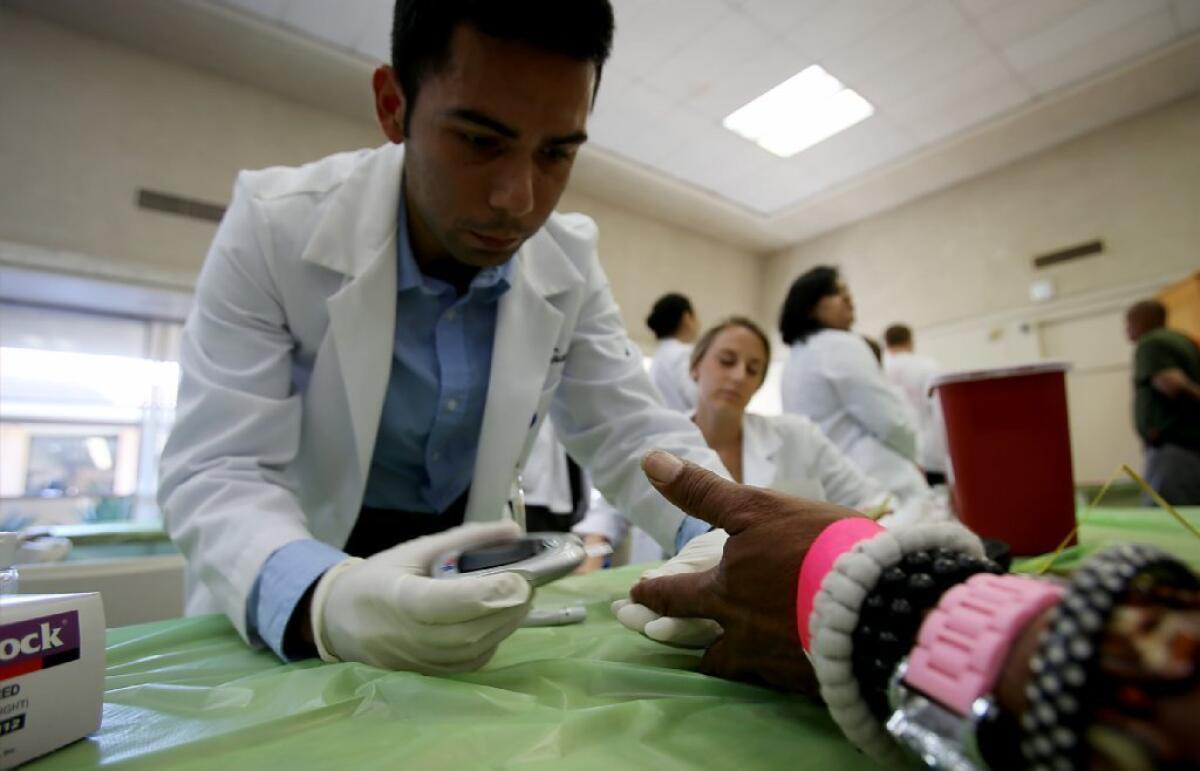FDA approves new diabetes medication

The Food and Drug Administration on Wednesday approved U.S. marketing of the drug dapagliflozin, the second of a new class of medications that aim to improve glycemic control in patients with Type 2 diabetes. The drug will be marketed under the name Farxiga.
Dapagliflozin is a sodium-glucose co-transporter 2 (SGLT2) inhibitor, a drug that blocks the reabsorption of glucose by the kidney, increases the excretion of glucose in urine and lowers glucose levels in the blood.
It will join -- and is likely to be prescribed in conjunction with -- a wide range of diabetes medications, including metformin, pioglitazone, glimepiride, sitagliptin and insulin. Many patients with Type 2 diabetes are at risk for complications such as cardiovascular disease and damage to peripheral nerves and small blood vessels; existing diabetes drugs and changes in diet and exercise do not drop levels of circulating blood sugar enough.
Dapagliflozin’s approval follows that of canagliflozin, the first in this class of medications to receive the FDA’s blessing, last March. Four more drugs in this new category of Type 2 diabetes medications are expected to go before the FDA in the coming years.
In clinical trials leading to FDA approval, patients taking dapagliflozin showed more improvement in blood sugar control than those taking a placebo. It has not yet been established whether the medication -- and others like it -- improves long-term outcomes for patients with Type 2 diabetes by reducing heart attacks and strokes. The FDA has asked for additional studies to demonstrate the drug’s ability to drive down such risks.
The SGLT2 inhibitors, including dapagliflozin, do appear to increase the likelihood of bladder cancer as well as infections of the genital and urinary organs. Researchers have suggested the infections may come about as a result of the drugs’ action -- increasing the excretion of sugar in the urine. The medications may create an environment conducive to the growth of fungus in and around the bladder.
In approving dapagliflozin, the FDA ordered Bristol-Myers Squibb and AstraZeneca to conduct post-marketing trials to look for an increase in bladder cancer, as well as studies in animals to explore how dapagliflozin affects urine flow and tumor growth. Its safety for use in children and pregnant women is also to be the subject of further study.







